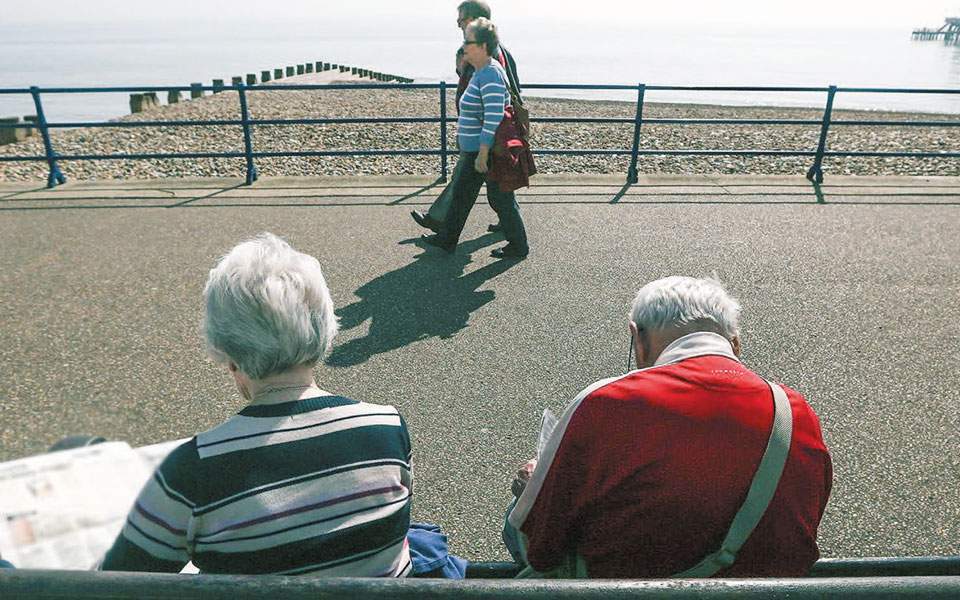Population falls in a rapidly aging country

A decade has now passed since Greece started recording more deaths than births annually and, if anything, the problem has gotten worse.
In 2011, a year after a heavily indebted Greece signed the first austerity program with its creditors, deaths exceeded births for the first time in decades – by 4,671. In 2020, there were 85,605 births and 131,839 deaths, a deficit of 46,234.
Cumulatively, Greece’s population has shrunk by 405,000 since its 2011 peak of 11,123,000 people. At an estimated 10,718,000, it is lower than the 2001 figure of 10,836,000.
Despite not experiencing other countries’ post-war baby boom and with a steady stream of emigration to Europe, North America and Australia, Greece’s population grew steadily, if slowly, once the 1946-49 civil war was over. From 7.63 million in 1951, it reached 8.36 million in 1961, 8.81 million in 1971, 9.69 million in 1981 and 10.27 million in 1991.
But Greece is rapidly aging: the over 65s, 6.8% of the population in 1951, have now shot up to 22.8%. And the under-14s have correspondingly decreased, from 28.3% to 14.3%.
Partly, this is because people are now dying older. But fertility rates are very low and the exceedingly high unemployment among the young means that many people stay with their parents even past 30 and delay forming families, if they do at all. And out of wedlock births are also very low.





